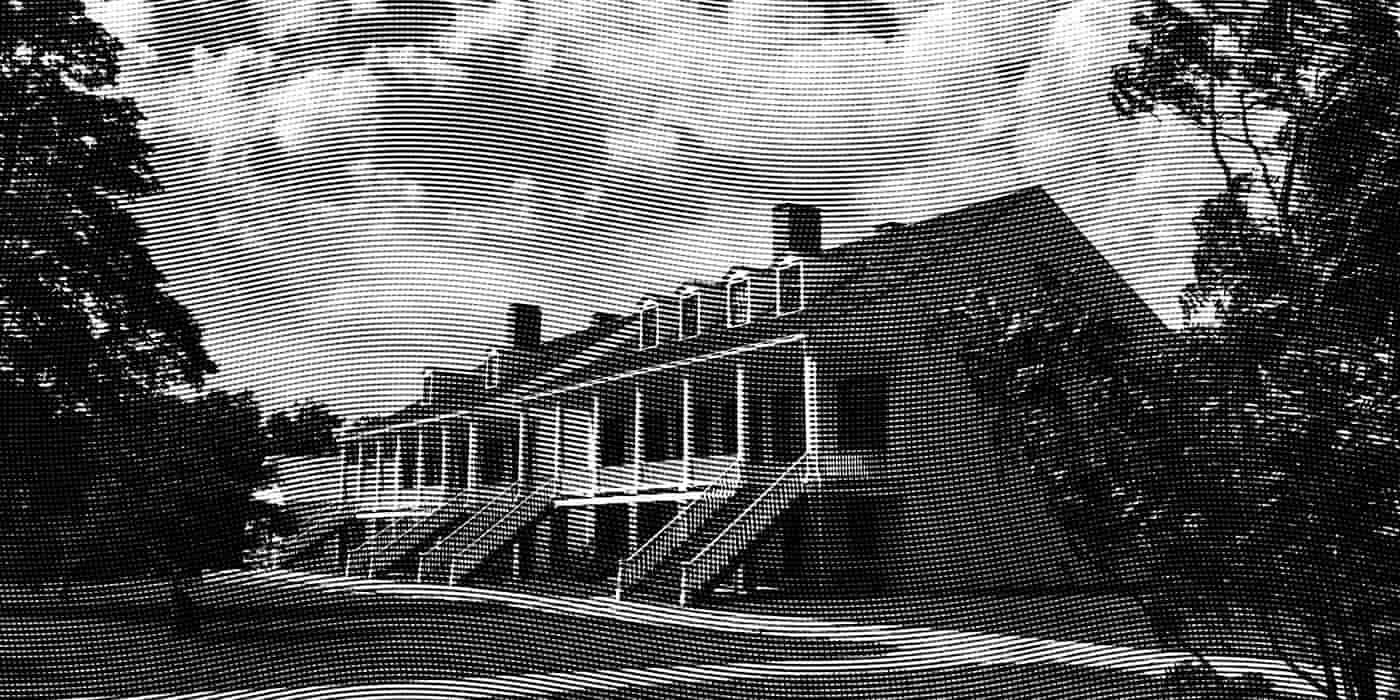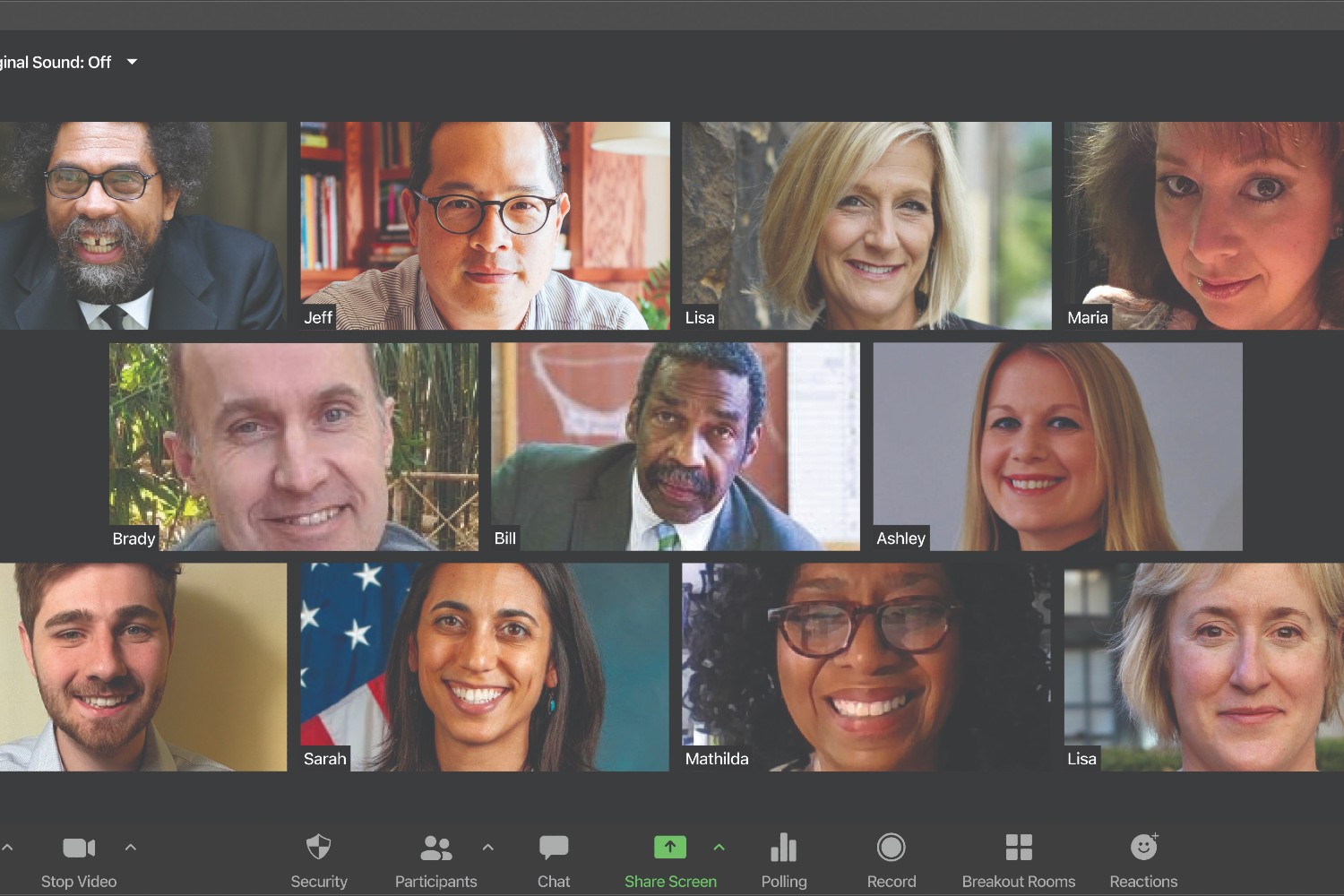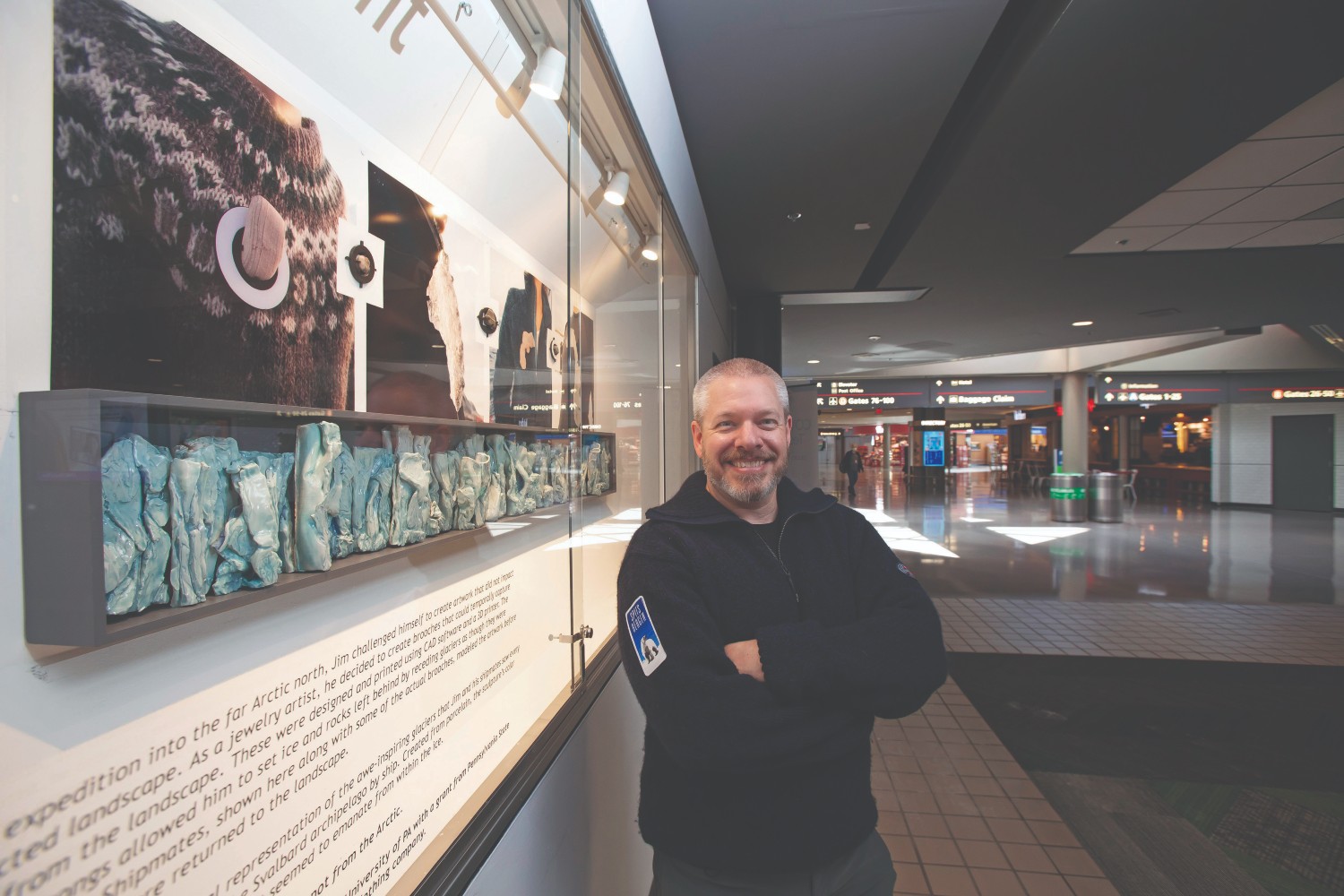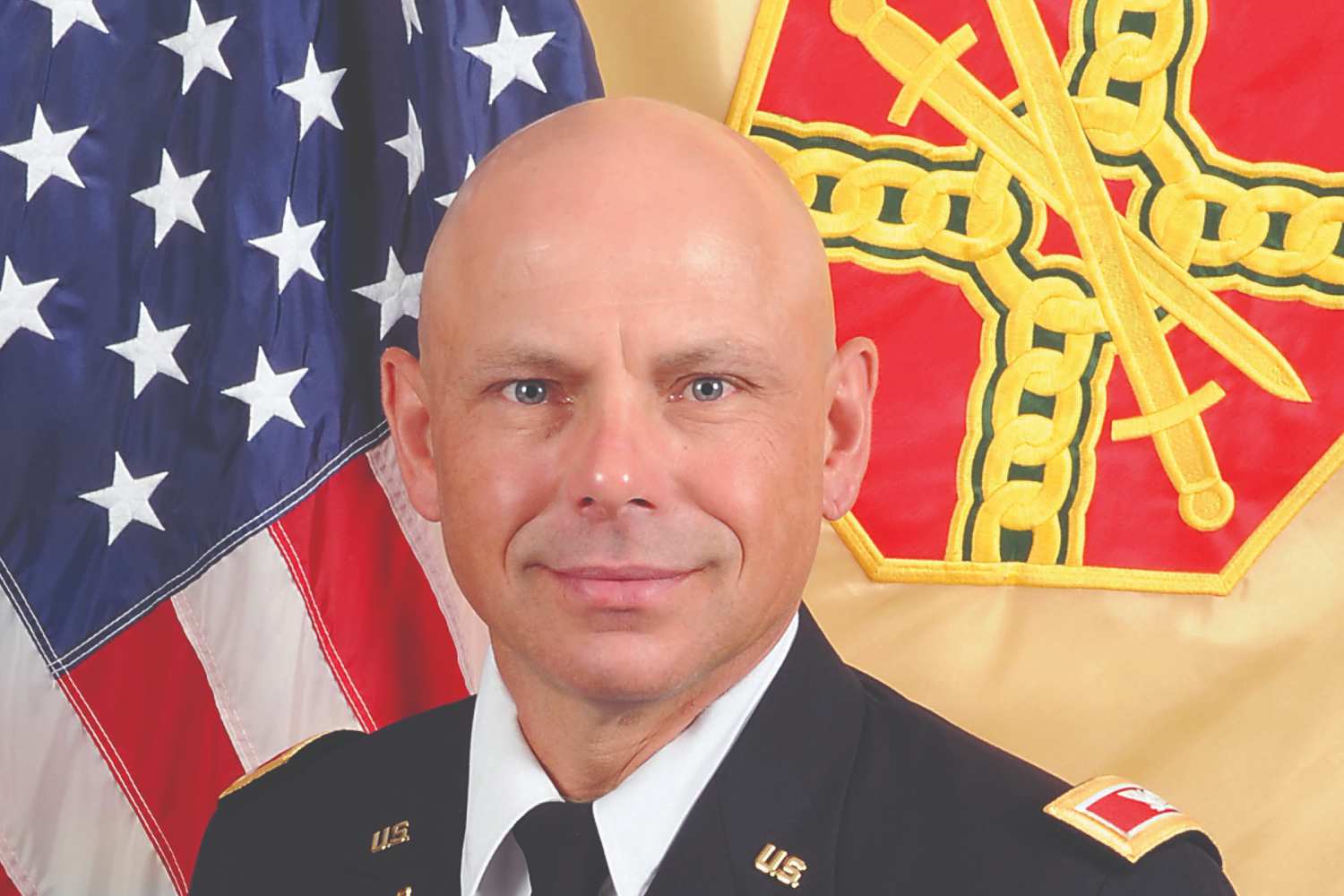Texting and Twitter: 1840s Style.” It’s a bit like a game of “one of these things is not like the others,” but there it was on the schedule of summer events at Fort ScottNational Historic Site, in Kansas.
The program about mid-19th-century methods of communication –letter-writing with quill pens and deciphering Morse code – was designed byCal U’s Alex Arnold.
He’s the student member of Cal U’s Council of Trustees,and a senior with a double major in history and parks and recreation management, along with minors in tourism and event planning and management.
This summer he spent four months as a seasonal interpretive park ranger with the National Park Service.
Interpretive rangers provide information at visitor centers,address educational tour groups and present illustrated programs, among other tasks.
At Fort Scott, Arnold also supervised four teenagers from theYouth Conservation Corps, a summer employment program that provides opportunities at national parks, forests, wildlife refuges and fish hatcheries.

His charges presented historical interpretations, worked in the visitor center, planned community engagement activities, spruced up park benches and worked in Fort Scott’s historical gardens.
“My supervisor gave me free rein over this program … so I ran it how I wanted,” Arnold says. “It gave me the chance to excel and experience so many things in the Park Service.”
It was the perfect summer experience for Arnold, who aspires to a career as a National Park Service superintendent.
Each national park has a top executive, he explains. “They make planning decisions and are responsible for leading the park in the direction it wants to go, in line with Park Service goals.”
Arnold donned period costumes a few times over the summer to present historical facts to visitors.
“We don’t just spill out a bunch of information,” he explains. “You have to meaningfully connect with the visitors. We ask them questions about universal concepts — life, death, survival, love – and connect those feelings with historical facts so they will remember them.
“If we’re at a hospital station,we might ask the visitors what makes them feel uncomfortable or what places they hate to go. You want them to think of what’s personal to them, so they can get the same feeling as a soldier might have had.”
Arnold’s Youth Conservation Corps responsibilities allowed him to learn managerial skills, such as conducting performance evaluations for his four workers and compiling financial reports for his programs at the end of the summer.
“We are all about the history in the interpretive division of the Park Service,” Arnold says.
“We need to know how to do research. We need to know how to tell it in a way the public can understand, in an even-handed way. And as a park ranger, you have to be cognizant of operational issues, safety and leadership.
“Those are skills that parks and recreation management teaches well. Having both of those things mixed together has really helped me out so much.”








